Heading to China and wondering what the legal drinking age is? Whether you want to sample local wine, raise shots of baijiu in celebratory toasts, or simply kick back with a cold beer on a hot day after exploring, it’s important to understand the rules and regulations.
From metropolises like Shanghai to regions such as Hong Kong, Macau, and Taiwan, alcohol regulations and drinking culture may differ slightly, but they all share the same fundamental basics.
Here’s everything you need to know before drinking in China.
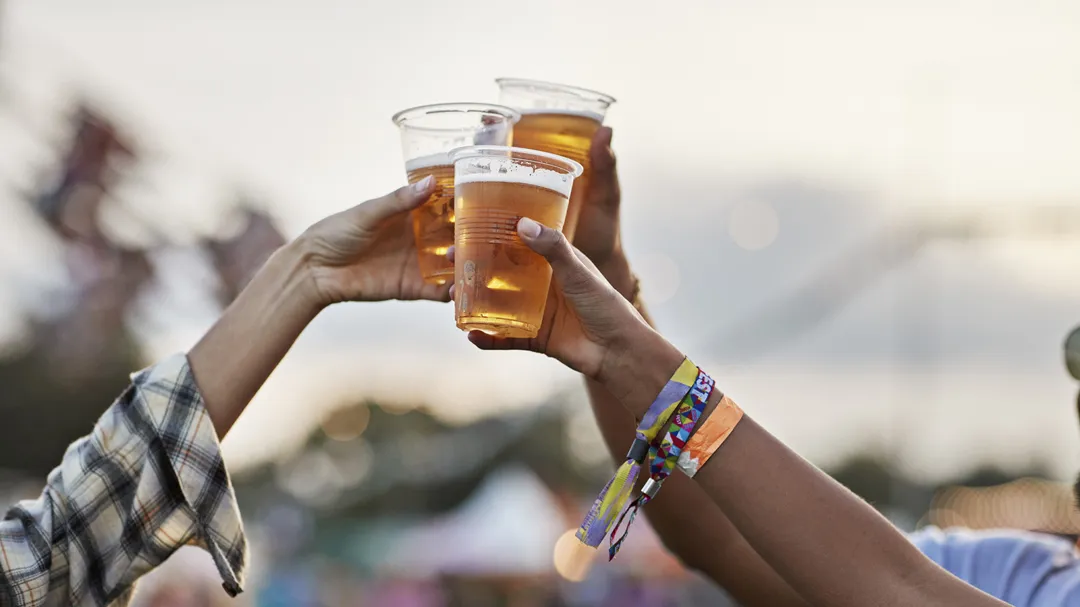
Legal Drinking Age in China
The legal age for drinking in mainland China is 18.
That means it’s illegal for anyone under 18 to buy, consume, or possess alcohol, in accordance with the Youth Protection Act of 1991. The regulation applies to beer, to wine, to baijiu, to any kind of alcoholic drink.
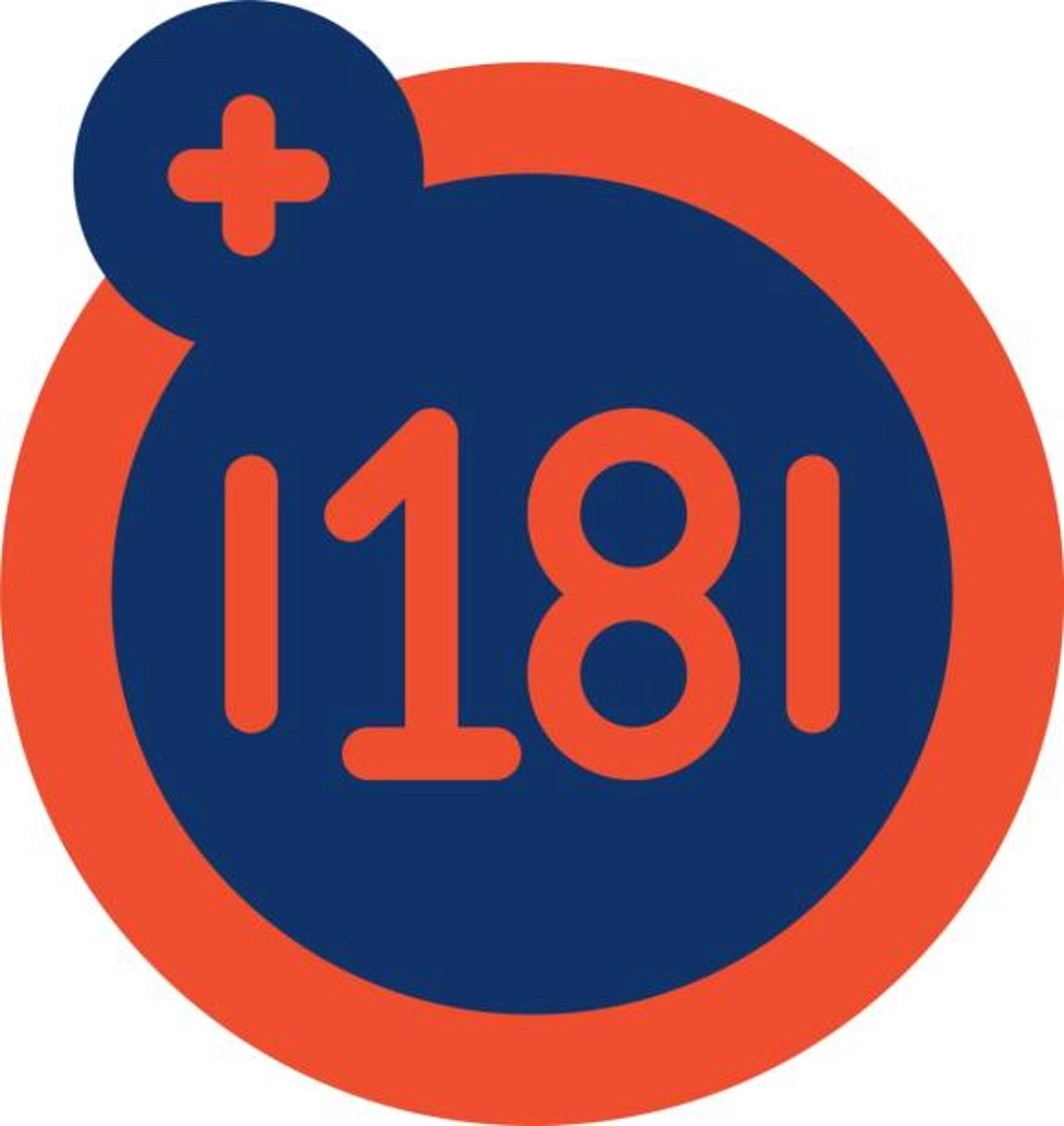
In bigger cities such as Beijing or Shanghai, you might find convenience stores and bars demanding ID. Especially if you look young.
Yet in smaller towns or a more relaxed environment, it’s not unheard of for minors to be able to get alcohol without much of a hassle.
However, as a visitor, it’s wisest to follow local regulations and avoid underage drinking — especially as the law can be more rigorously applied to popular foreign regions or to expat bars.
Legal Drinking Age in Other Regions
The legal drinking age is generally 18 on the Chinese mainland but in neighboring areas like Hong Kong, Macau, and Taiwan, regulations differ and visitors should know what to expect.
Hong Kong
Surprisingly, there’s no minimum legal age for consuming alcohol in private. Selling alcohol to under 18s is prohibited in bars, restaurants, and other licensed premises. This means that many public places may not serve you if you’re under 18.

Macau
The law is pretty cut and dry here. Ever since the recent regulations, 18 is the legal age for purchasing and consuming alcohol. Retailers and venues must ask for ID, and there are strict fines if they are caught selling alcohol to underage customers.
Taiwan
Like the mainline of China and Macau, the legal drinking age is 18. It is illegal to purchase or consume alcohol if you are under 18, and vendors can be fined for selling to minors.
Taiwan has a stricter approach to enforcing these laws, particularly in cities.
While the minimum is technically still 18 throughout these regions, enforcement varies, particularly in non-tourist areas.
To be sure, travelers should have some identification on them and revert to considering 18 as the legal age, whether they are in Shanghai, Taipei, or Hong Kong.
Alcohol Laws: What’s Allowed and What’s Not
China’s alcohol laws aren’t too complex but there are a handful of rules that are important for travelers to know so they can stay respectful and safe.
1. Drinking in Public
The rules around drinking alcohol in public spaces aren’t as strict in China as in many Western countries. It’s acceptable to consume alcohol in parks, on the corner, or in the wee hours at outdoor food stalls.
But it’s not really about the drink — it’s your behavior. If you’re creating a disturbance or being aggressive or can’t control yourself after a few drinks, the police may get involved. Even if it’s not your drinking that’s the problem.
There may be some limited restrictions within major cities (such as on the subway, at schools, or near government buildings), but this is more to prevent disorder and not about alcohol consumption per se.
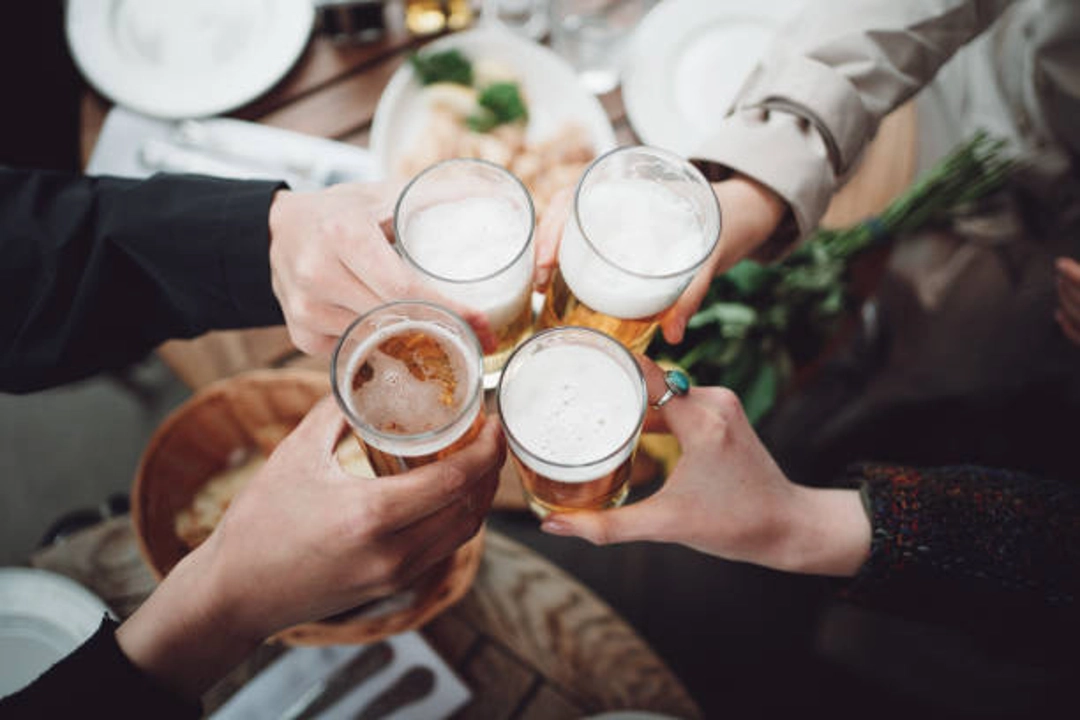
2. Alcohol Sales and Age Restrictions
It is prohibited to sell alcohol to anyone under the age of 18, whether that is in a supermarket, convenience store, bar, or restaurant. Some stores, especially in major cities, may request identification.
Travelers are supposed to adhere to local laws. If you’re under 18, don’t attempt to purchase alcohol.
3. Drinking and Driving: Zero Tolerance
This is one area where China does not mess around. The blood alcohol concentration (BAC) limit for drivers by law is 0.0%. That means even just a little alcohol in your system could get you into a lot of trouble.
If you are driving and get pulled over, penalties can include:
Heavy fines
License suspension or revocation
Possible detention or arrest for severe offenses
Deportation or visa issues for foreigners
The police frequently operate random checks, in particular for drink-driving during festivals or weekends. My best advice? If you’ve been drinking, don’t drive.
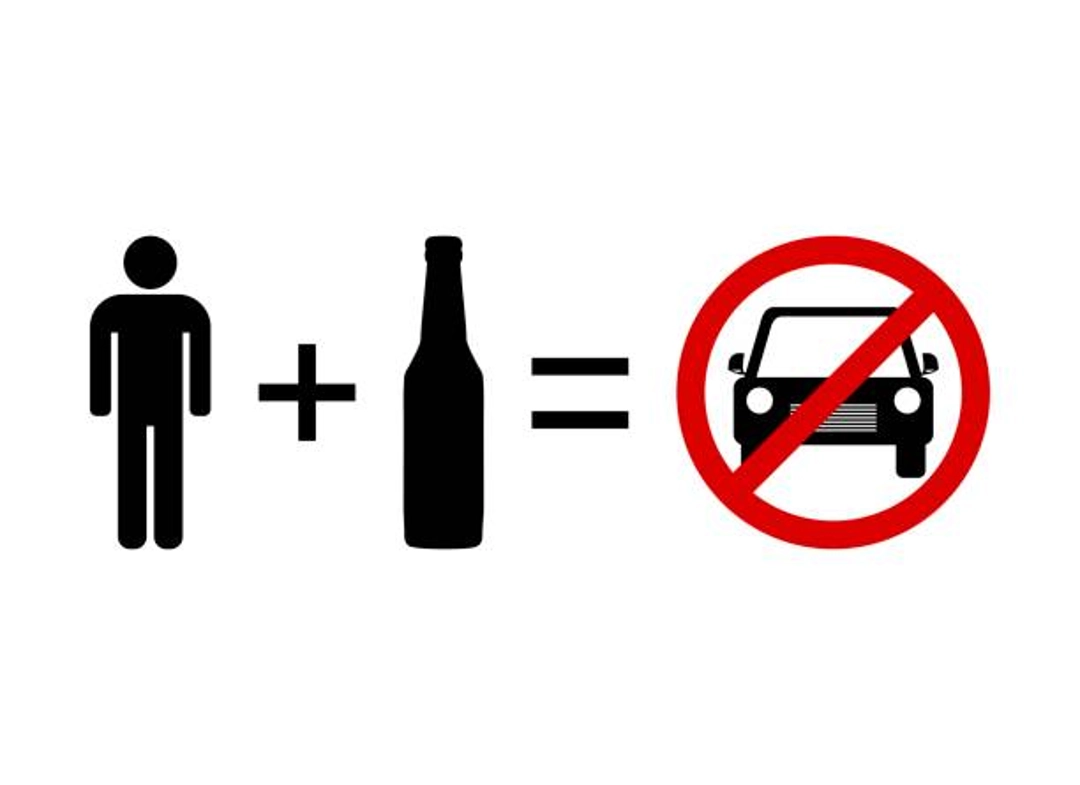
Drinking Culture in China
In China, drinking is never just about having a drink. It’s a social activity incorporated into dinners, parties, and business deals. Whether at a family gathering or a special event, there’s usually plenty of alcohol, and baijiu (a potent Chinese spirit) flows freely.
It is traditional for hosts to serve a drink as a welcome and for the recipient to accept it as a sign of respect.
One such custom you will run into is the concept of “ganbei” or “dry cup.” It’s the Chinese way to say “cheers,” but here’s the kicker: it often means you’re supposed to drink your glass all at once.
Politely turning down a drink is not impolite, though it’s useful to have an excuse, such as that you want to be “alert” for safety or for “health” reasons. It’s a common local custom to make toasts during a meal, often to celebrate holidays or important events, so jump right in!
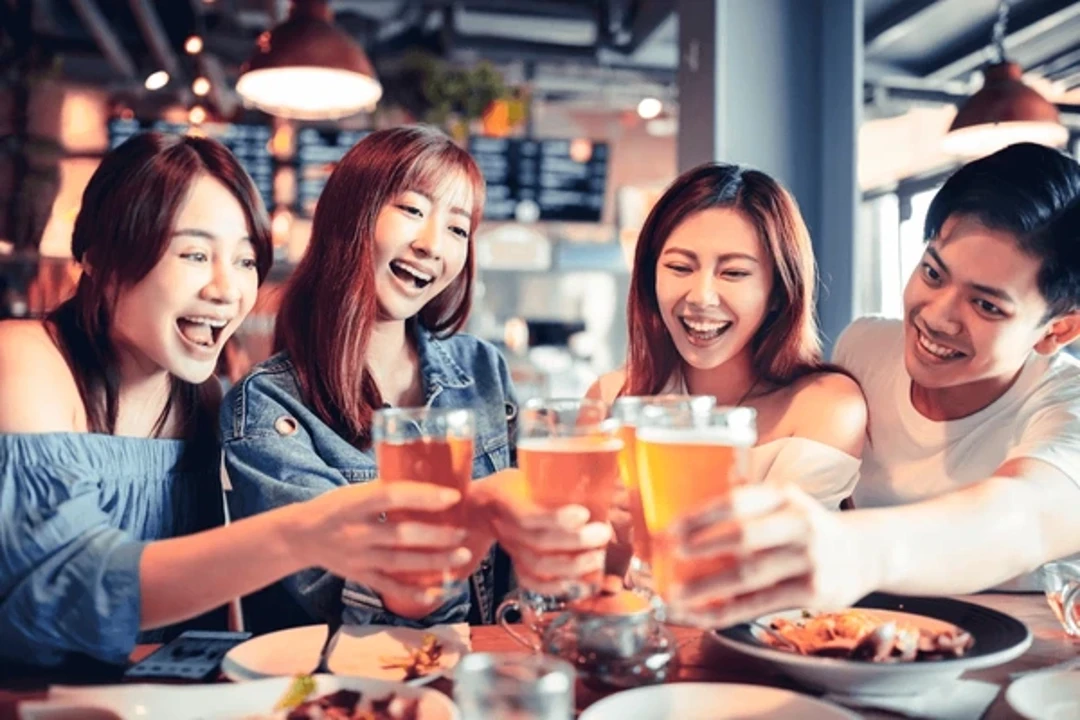
Drinking etiquette may change slightly depending on the region, but on the whole, the vibe is always lively and welcoming.
Whether it’s a few beers with buddies at a curbside BBQ joint or a bottle of rice wine in a rural village, drinking is often more about camaraderie than alcohol.
What Travelers Should Keep in Mind
If you want to drink alcohol when you travel in China, here are some tips for you:
Always have some ID on me, especially when you’re under 18. Although it’ll not always be enforced, bars, clubs, and stores in touristy areas could ask you to prove your age.
Drink the baijiu sparingly. Baijiu is a traditional Chinese alcohol (wine), and it can be quite strong – typically over 50%. You’ll encounter it a lot at meals and celebrations, so take it slow!
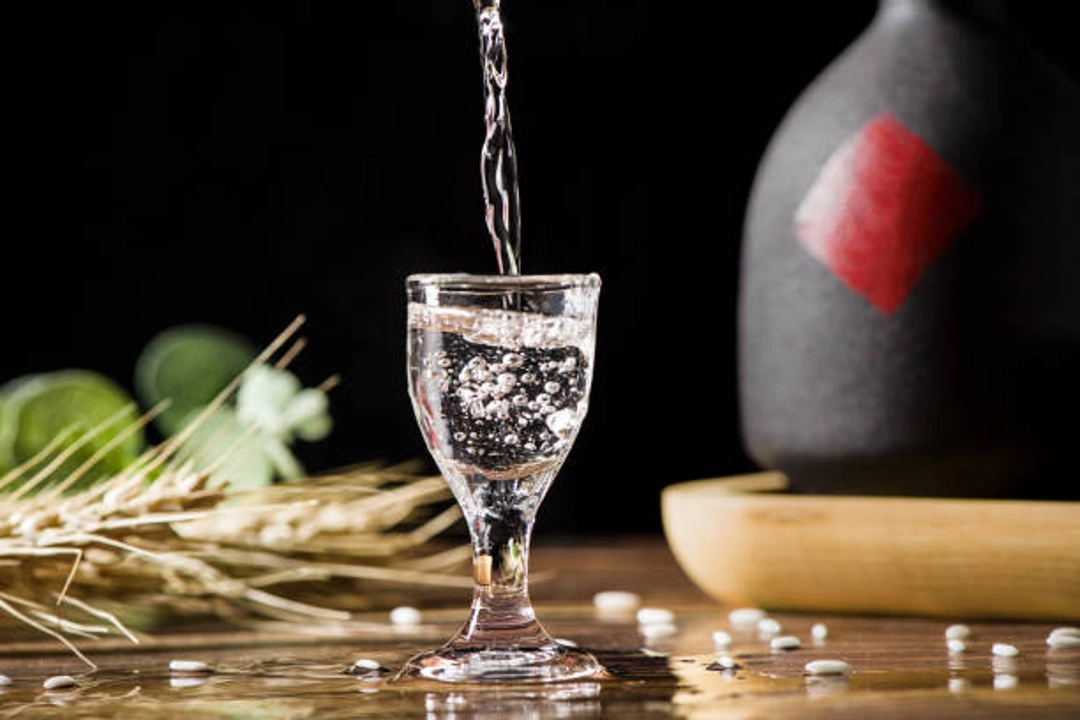
It’s perfectly fine to decline a drink if you are toasted. Just smile, have a sip of tea, or simply say “I don’t drink” and they won’t push it, especially in larger metropolises.
Don’t get too drunk in public. Although street drinking is technically legal, if you start to get drunk and disorderly, you can get in trouble.
Don’t drink and drive. China has a zero-tolerance policy for drinking and driving. Don’t risk it — penalties can be tough.
Be culturally sensitive. If you’re drinking with people, keep in mind that in many countries it’s not about getting drunk, it’s about building relationships to drink to. Know when to say cheers and how to politely refuse.
Travelers are invited to partake in China’s lively-drinking scene, but maintaining respect and understanding for traditional etiquette will make your trip a lot more comfortable and enjoyable.
FAQ
1. What kind of booze do they like to drink in China?
Drinks of choice include beer, baijiu (an overpowering spirit made of grains), and rice wine.
2. Does China have “dry” areas/cities/provinces?
No, alcohol is legal throughout the country. There are no “dry” areas.
3. Is alcohol expensive in China?
Local beer and spirits are usually inexpensive, but imported wine and whiskey can get pricey.
Conclusion
Alcohol is a major component of social culture in China, from celebratory toasts to mealtimes.
As a traveler, you should just follow the local laws, only drink in moderation, and just have an open mind.
Cheers to exploring China safely and respectfully!
